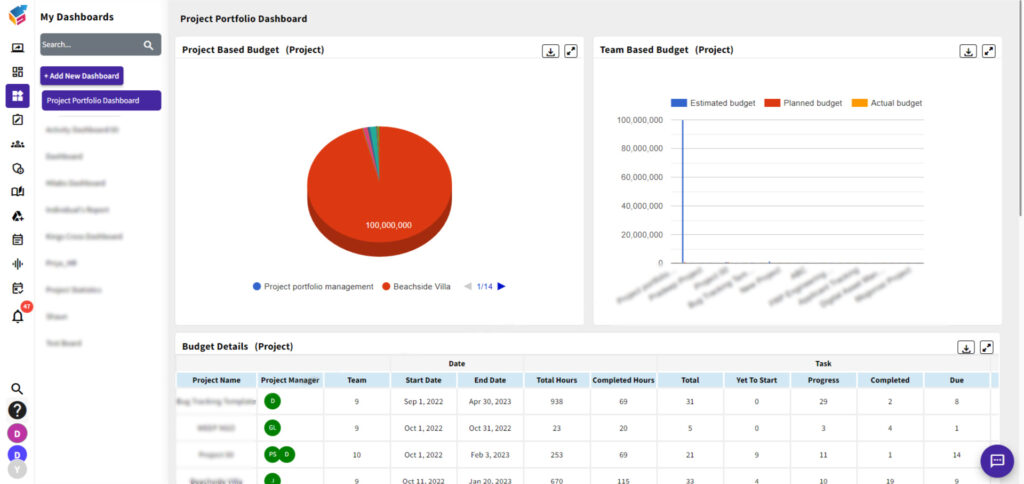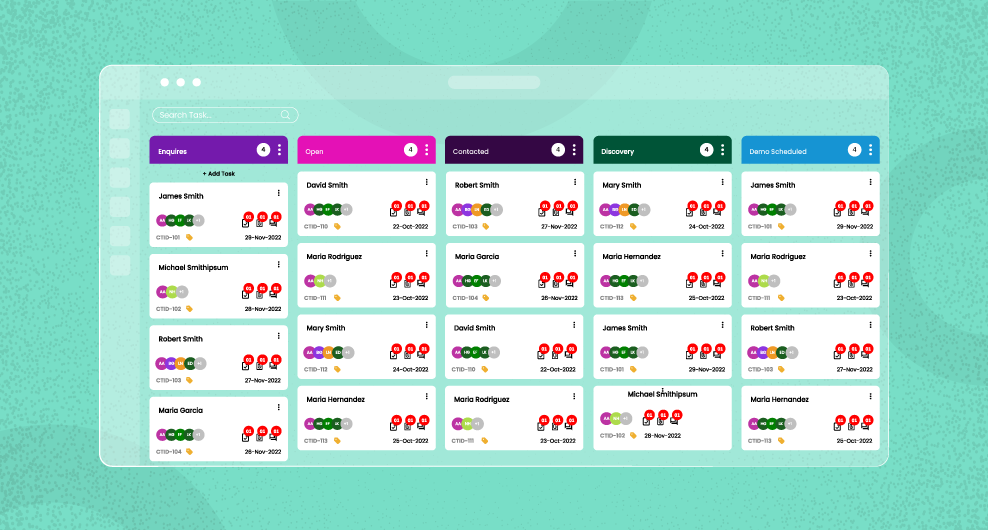Table of Contents
What are SMART Goals and Why Should You Set Them for Your Marketing Team?
Setting SMART goals is a great way to ensure that your marketing team is working towards specific, achievable objectives. SMART stands for Specific, Measurable, Achievable, Relevant, and Time-bound. These five criteria provide the basis for setting goals that are realistic and achievable. By following this goal-setting strategy, you can ensure that your marketing team has clear objectives that they can work towards. This will help them stay focused on their tasks and increase their motivation to reach their goals in a timely manner. Additionally, incorporating elements like smart marketing goals, time management, team management, marketing plan, marketing goals, marketing management, marketing growth, and marketing KPIs into your strategy further enhances the effectiveness of goal setting for your marketing team.
How to Create Effective SMART Goals for Your Marketing Team?
Setting SMART goals is an important part of any effective marketing strategy. When setting goals for your marketing team, it is important to keep these five elements in mind to ensure that you are creating achievable objectives that can be tracked and measured.
By writing effective goals for your team, you can help them stay focused on the tasks at hand and work towards achieving success. By setting clear expectations, you can help your team stay motivated and on track to reach their desired outcomes.
The Five Steps Process to Setting SMART Goals in Your Business
Setting SMART goals is essential for any business to succeed. It helps you create a clear roadmap for achieving your desired outcomes and staying on track with your objectives. The goal-setting process involves five steps:
- Defining the goal
- Breaking it down into actionable steps
- Setting deadlines
- Monitoring progress
- Making adjustments as needed.
By following these steps, you can ensure that you are setting realistic goals that are specific, measurable, achievable, relevant and timely (SMART). This will help you stay focused on the tasks at hand and achieve success in your business.
How to Set SMART Goals?
Breaking Down the Components of a Well-Structured SMART Goal
Setting SMART goals is an essential part of any successful project. It helps to ensure that the objectives. To make sure that your goals are SMART, it is important to break them down into their individual components and evaluate each one separately. By doing this, you can ensure that your goals are well-structured and have the best chance of being achieved. In this article, we will look at the different components of a well-structured SMART goal and how they can help you achieve success.
Breaking Down the Components of a Well-Structured SMART Goal
Smart goals are essential for any business to stay competitive and achieve success. To ensure that you reach your goals, it is important to track and measure progress. Analytics tools can help you do just that by providing valuable insights into your progress and performance.
Gantt chart can provide you with the data necessary to understand how far you have come towards achieving your goal, as well as what needs to be done in order to make further progress. With marketing automation tools, you can easily identify potential issues or areas of improvement in order to make sure that your goal is achieved in a timely manner.
By using project management tools for smart goals tracking and measuring progress toward achieving a goal, businesses can gain valuable insights into their performance which will help them stay on track and reach their desired outcome faster.
SMART Goal Planning & Execution Framework for Maximum Success
SMART goal planning is a powerful marketing automation tool for businesses to set and achieve their objectives. It is an effective framework that helps businesses to define clear goals, set objectives and key results, and ensure maximum success.
The SMART goal planning framework is especially useful for marketing teams as it allows them to set business goals that are achievable, measurable, realistic and time-bound. With this framework in place, the team can focus on achieving their objectives while also making sure they are staying on track with their key results.
The OKR (Objectives and Key Results) framework is another great tool for setting SMART goals in the workplace. This system helps teams to create measurable goals that are aligned with their overall business strategy. By setting SMART goals with the OKR framework, teams can maximize their success by focusing on what matters most – achieving desired outcomes within given timelines.
Using Technology to Monitor & Track Your SMART Goals Progress
Achieving your goals can be difficult if you don’t have a way to accurately track and monitor your progress. Fortunately, technology has made it easier than ever to stay on top of your SMART goals and ensure that you are moving towards success. With project management software and work management software, you can easily monitor your progress in real-time and gain valuable insights into how well you are doing. This will help you stay motivated and on track to achieving your goals.

The Benefits of Reaching SMART Goals with Your Marketing Team
Reaching SMART goals is an essential part of any successful marketing team. By setting SMART goals and tracking progress towards them, you can ensure that your marketing team is working towards the right objectives.
SMART goal setting also has numerous benefits for your team. It helps to ensure understanding of objectives among all members of the team and increases engagement by providing a clear direction to work towards. Additionally, it helps to improve efficiency by streamlining processes and eliminating unnecessary tasks. With SMART goals in place, you can be sure that your marketing team is working as efficiently as possible towards achieving their desired outcomes.
Conclusion
Goal setting is an important part of any team’s success. By setting objectives and tracking progress, teams can improve their performance and reach their desired outcomes. Smart goal setting can help teams become more efficient, organized, and successful. It also provides a clear path to success and encourages team members to stay on track with their goals. With the right marketing automation tools in place, teams can set meaningful goals that will help them reach their desired outcomes.




